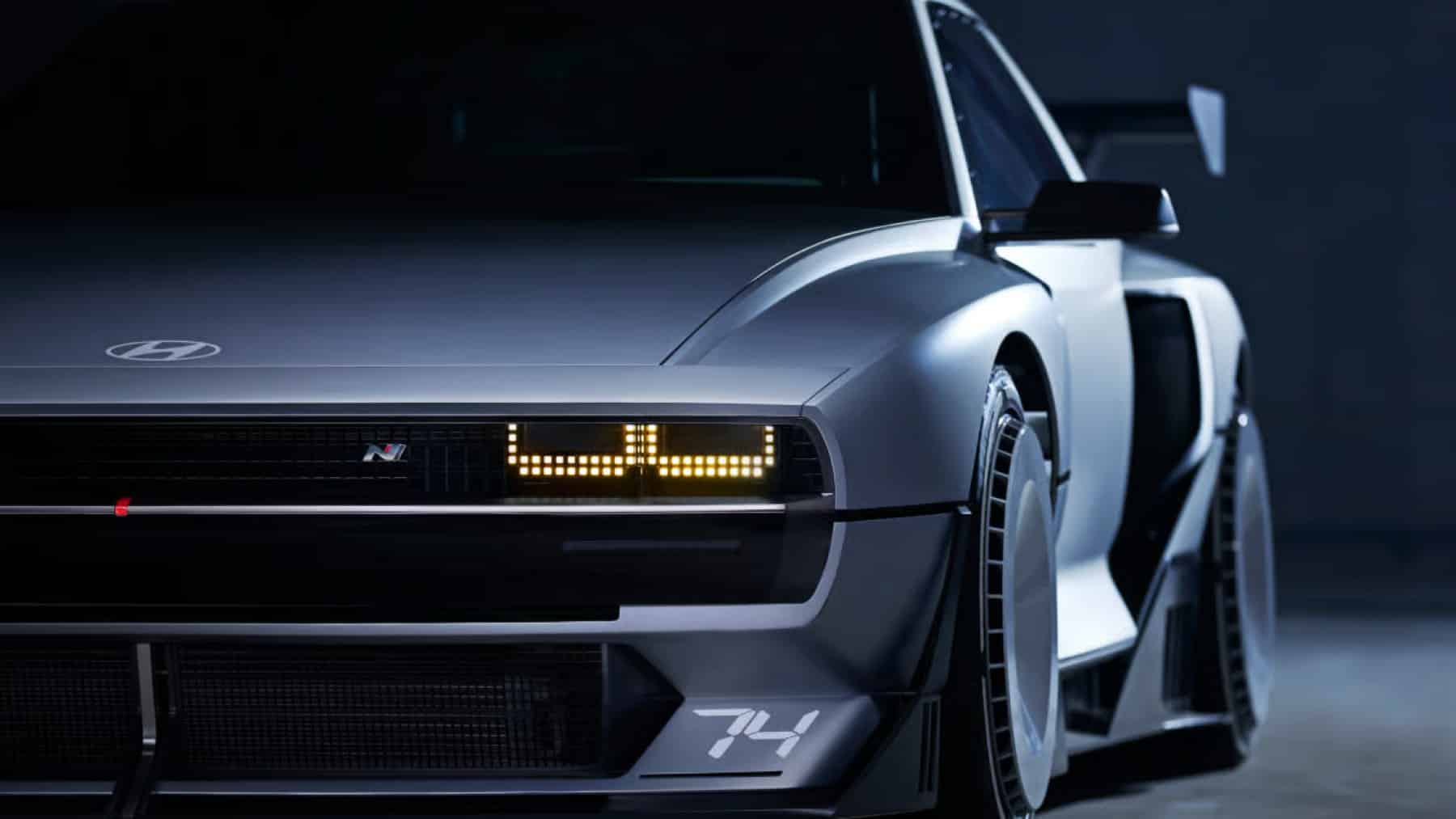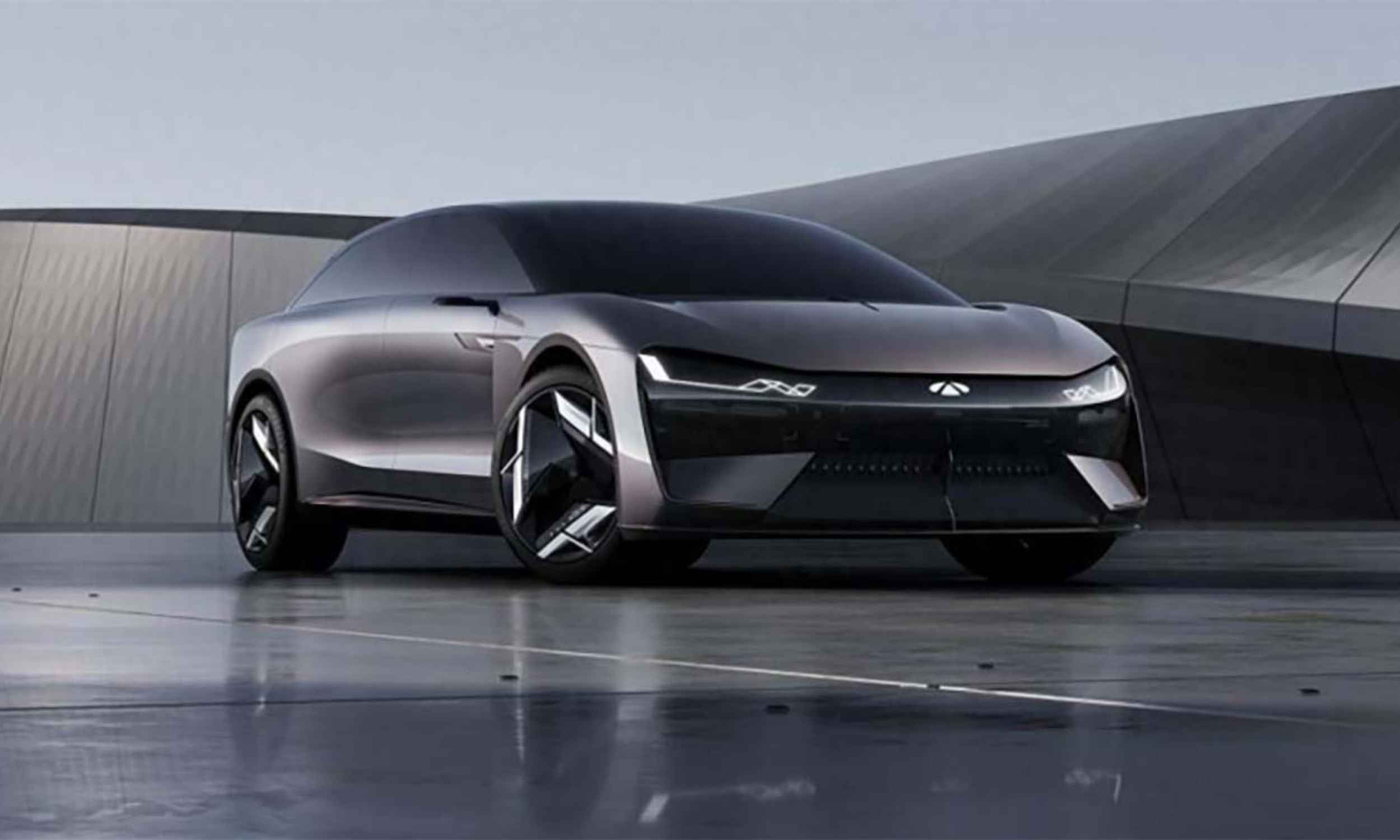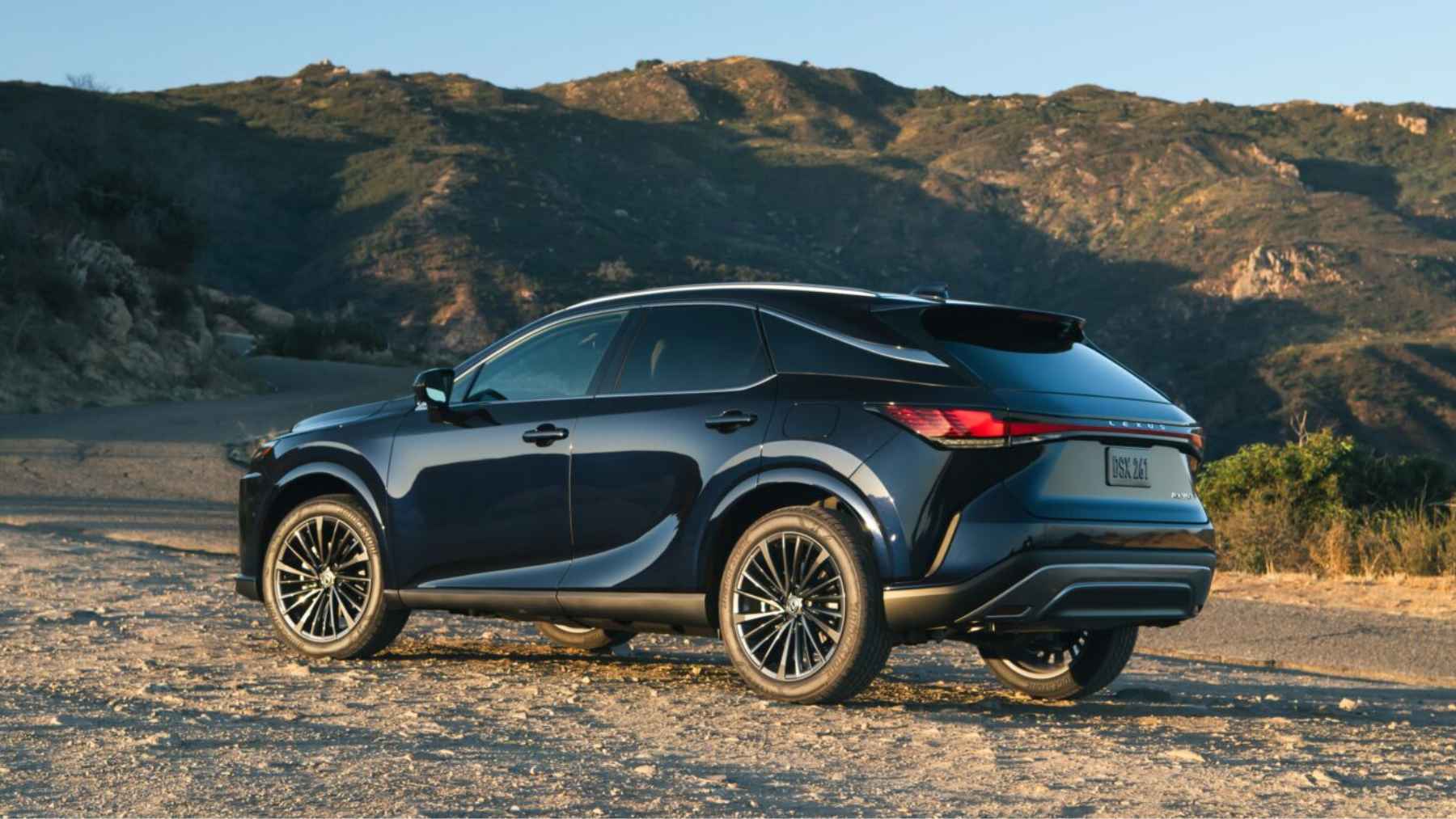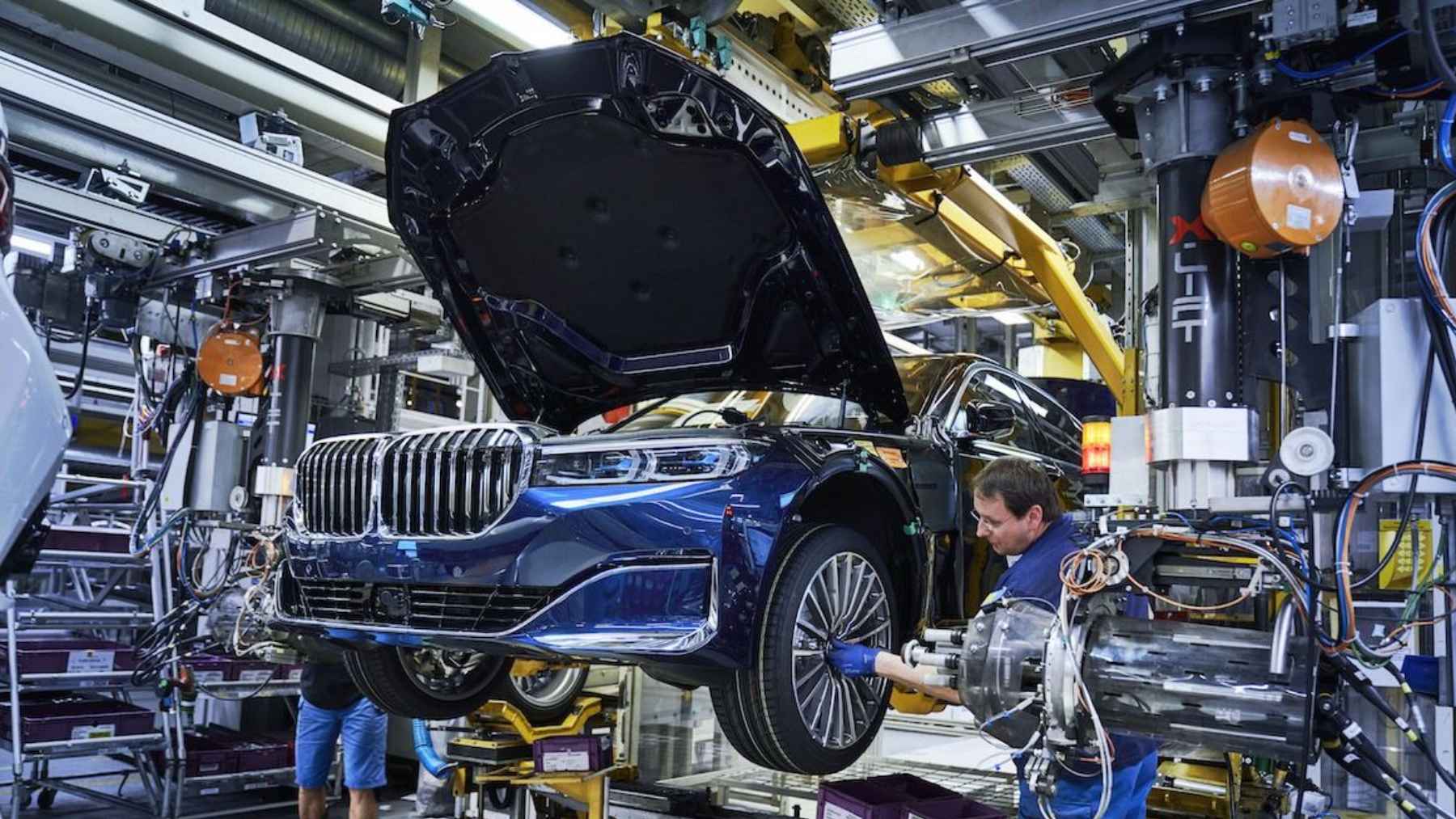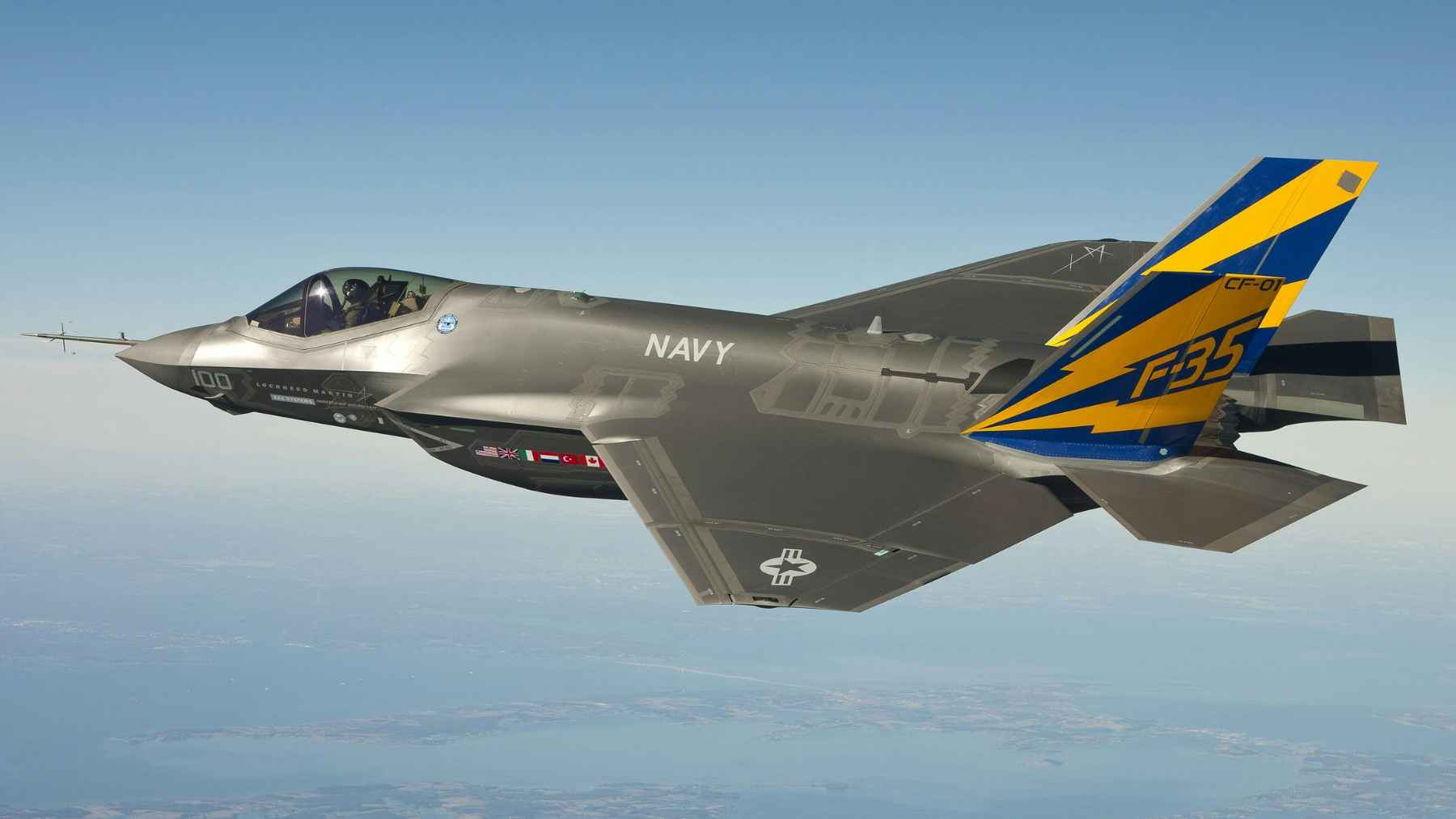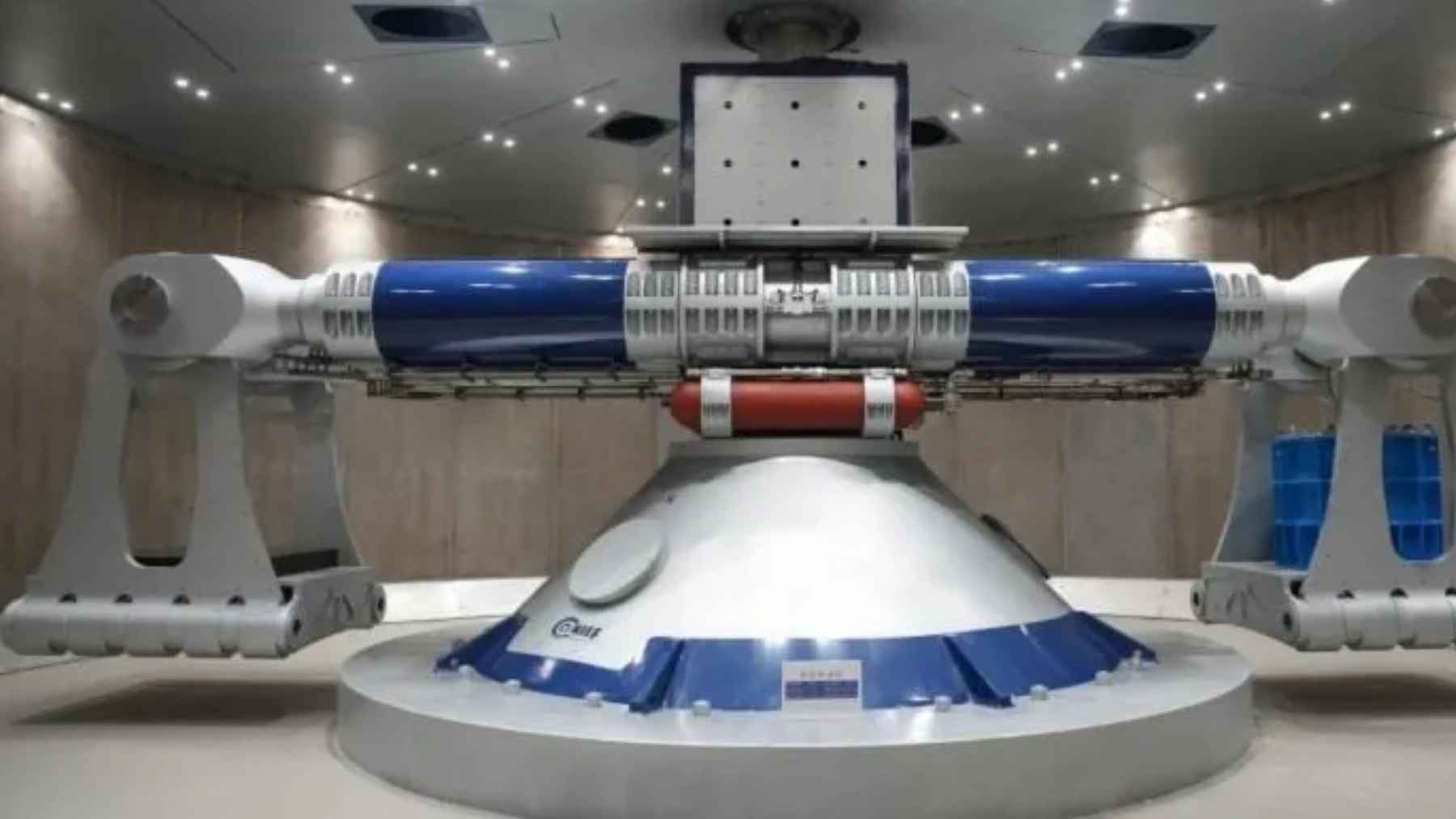Hyundai will soon be adding a new vehicle to its lineup, and it’s unlike anything we have seen before. As the world scrambles to look for alternative energy solutions and resources for the sake of a sustainable future for the planet, the passenger vehicle industry has soared with the production of alternative engines. From the favored electric vehicle to hydrogen fuel-cell technology, in order to stay competitive, automobile developers need to demonstrate a commitment to carbon neutrality.
Electric vehicles soar for passenger vehicles in pursuit of clean energy
For many, the electric vehicle has been dubbed the all-star solution to the engine crisis the automobile world faces for passenger vehicles. With sectors across industries needing to develop sustainable initiatives, the development of advanced battery-engine technology has meant that electric and hybrid vehicles have risen in prevalence on the road steadily in the past decade.
While the internal combustion engine continues to far outweigh alternative engines in terms of global sales, many automobile developers are continuing to commit to this technology, using it as an avenue to reach their carbon-neutral goals. However, electric vehicle sales are falling, highlighting how increased adoption of these engines requires not just advanced engine technology, but also widespread supporting infrastructure development to support these vehicles to convince consumers to give up the internal combustion engine.
This engine from Hyundai is making an exciting comeback
Recently, there has been a trend among automobile developers to develop futuristic model concepts that take inspiration from old, retro designs. By doing this, automobile companies can stick to the roots of vehicle designs which were popular among consumers while continuing to look towards the future and embrace new engine technology which world towards a sustainable future. For example, American company General Motors (GM) recently unveiled an electric concept car where the design took inspiration from the 1950s ‘space-age glamor’ models, which were popular at the time.
Now, the South Korean company Hyundai is following suit with the release of its N Vision 74 concept model. The vehicle is a high-performance hydrogen-electric hybrid vehicle which takes inspiration in design from the company’s Giorgetto Giugiaro’s 1974 Hyundai Pony Coupe.
Hyundai’s high-performance N brand focused on electrification for the next stage of internal combustion engines….the N Vision 74 is the N brand’s first hydrogen-hybrid rolling lab… the N Vision 74 reflects Hyundai’s commitment to developing a sports car that has been going on for decades,” describes Hyundai on their website.
Many Asian automobile developers have been focusing on the development of hydrogen-fueled vehicles. While many automobile developers have chosen to focus on pure-electrification as the way forward for the passenger vehicle world, hydrogen-powered engines are emerging as a complement to electric vehicle technology, especially with stepping in to assist in transforming transportation industries where battery-engine technology is not ideal, such as the aviation industry.
Innovation from Asian developers in the competitive motoring market
Asian automobile developers continue to rise, pushing boundaries and releasing models that appeal to both local and international consumer bases. Further, their commitment to alternative engine technology, whether it be electric, hydrogen, or even biofuels, highlights a deliberate strategy to diversify energy pathways rather than rely solely on one solution. By investing in multiple alternative engine solutions, these developers are ensuring that the road to carbon-neutrality is not dependent on a single source, putting increased pressure on resources.
Further, these companies are collaborating in order to increase the rate at which alternative engine technology is produced and adopted. These collaborative efforts among competitors demonstrate a recognition that the journey to sustainable transportation requires a shift in prioritization. By sharing research, standardizing components, and co-developing infrastructure such as charging networks or hydrogen refueling stations, they are accelerating industry-wide innovation while lowering costs for both producers and consumers.
Disclaimer: Our coverage of events affecting companies is purely informative and descriptive. Under no circumstances does it seek to promote an opinion or create a trend, nor can it be taken as investment advice or a recommendation of any kind.
